WORLD
Saudi rolls out the red carpet for investors in quest to become hub of finance & tourism
- IBJ Bureau
- Nov 02, 2021

Upon arrival at Dubai’s international airport, travellers can pick up a free guide to the city’s top attractions and events. Curiously, the cover of this month’s Time Out-DXB beckons visitors to Saudi Arabia. Emblazoned with an image of the kingdom’s ancient Diriyah fort near the Saudi capital, it reads: “Welcome to Arabia – A Journey You’ve Never Imagined”.
The landlocked, once ultra-conservative capital of Riyadh is pitching itself as a city where concerts, movie theatres, world-class sporting events and deal-making are in abundance; where revamped cultural heritage sites wait to be discovered, distinguishing Saudi Arabia from other Gulf capitals, defined by sprawling malls and high-rise hotels.
The pitch is a part of Saudi Arabia’s plan to grab the limelight and title as the region’s top place to do business. Currently, the more glamorous emirate of Dubai is seen as the region’s hub for finance and tourism.
There are incentives – or, some say, penalties – for businesses to consider: Saudi Arabia has told companies that they have until the beginning of 2024 to relocate their regional headquarters to the country or lose out on lucrative government contracts that keep the region’s biggest economy humming.
It’s the latest move by Crown Prince Mohammed bin Salman, the kingdom’s day-to-day leader, who’s been empowered by his father, King Salman, to overhaul the economy and reduce its dependence on oil for revenue.
Some investors and their shareholders, however, remain wary of the 36-year-old prince. Four years ago – at the very same Ritz-Carlton hotel where a key investment forum took place last week and where 44 multinational companies announced their plans to establish regional headquarters in Riyadh – Prince Mohammed oversaw the unprecedented detention of Saudi business leaders, princes and officers in a purported anti-corruption sweep. The campaign, described by critics as a shakedown, largely took place outside of the courts and public view. It netted the kingdom more than $100 billion in assets and cash, according to the government. It also cemented the crown prince’s grip on power.
Saudi Investment Minister Khalid al-Falih has said that a move by companies to Riyadh is a “win-win”.
“It’s important for us, but it’s even more important for the companies because they will get the benefits of being closer to decision-makers,” Mr al-Falih has said in an interview on the sidelines of the Future Investment Initiative Forum in Riyadh recently.
He has added that the intent “is not to penalise companies” but to show them access to “the biggest market in the region”. The government hopes that the Regional Headquarters Attraction Programme will add $18 billion to the local economy and create 30,000 new jobs over the next decade.
Creating jobs and diversifying the economy sit at the heart of Prince Mohammed’s Vision 2030 blueprint for transforming the country. He is set to inherit a nation where over a third of the population is under 14, and more than 60 per cent are under 35.

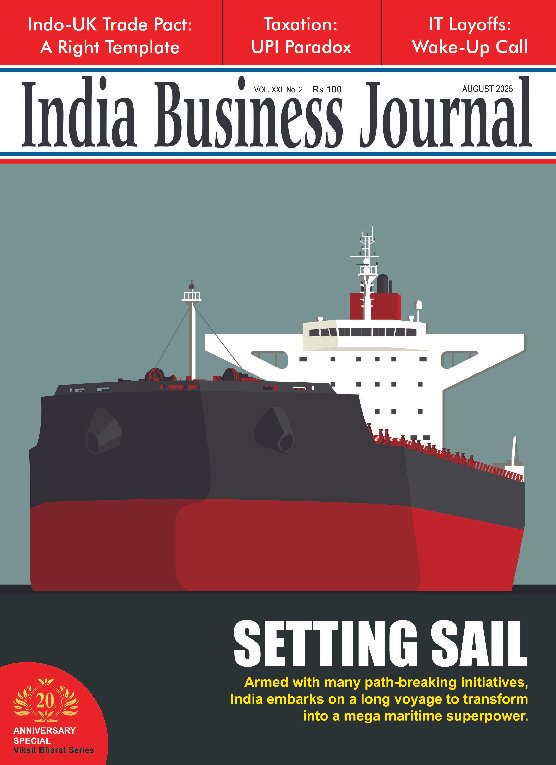









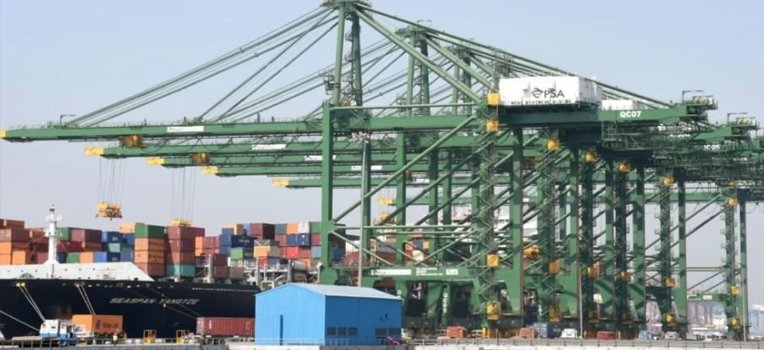
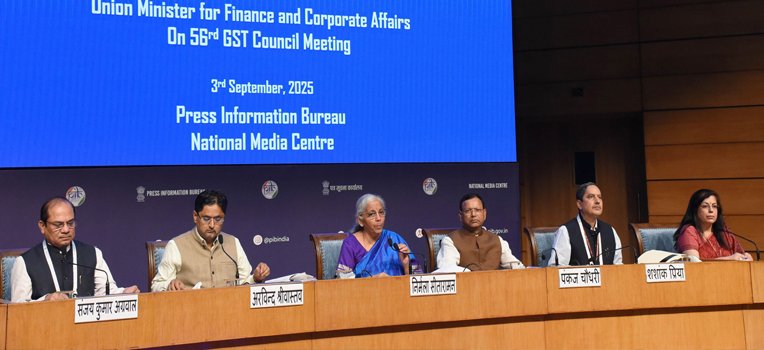
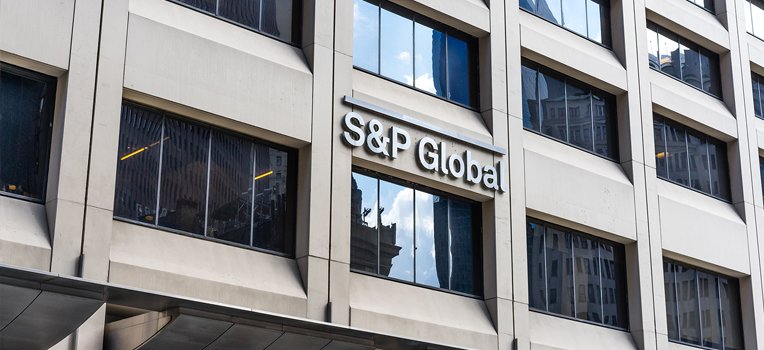
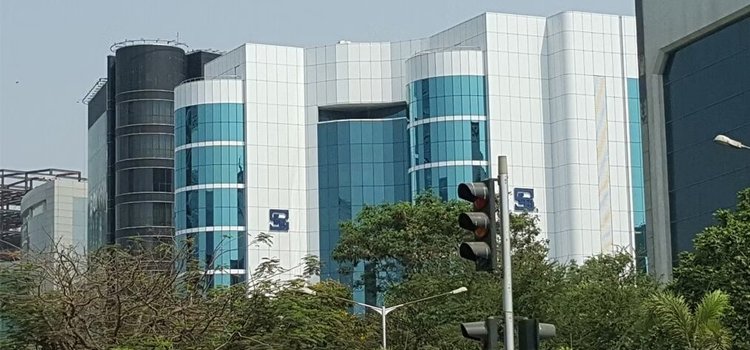
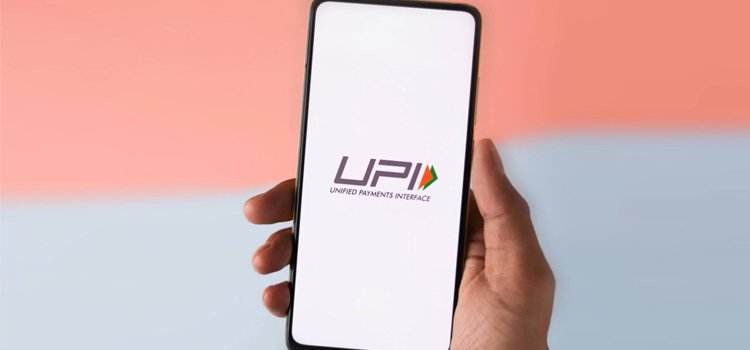





Report By
View Reporter News